Anne-Marie Truscott de Mejía, PhD, Universidad de los Andes, Colombia
Claire Kramsch, Professor Emerita, University of California, Berkeley, USA
José Aldemar Álvarez Valencia, PhD., Universidad del Valle, Colombia
Manuela Guilherme, Researcher, Centro de Estudos Sociais, Universidade de Coimbra, Portugal
The events of the past two years have seen disruptions to the global flows of capital and labour, and an increase in digital communications globally. In a world where virtual encounters have displaced many (but by no means all) physical ones, we face ever greater challenges in facilitating social and cultural mobilities, while we continue to meet with inequalities, disempowerment, sustained conflict, political, medical and economic crises, and ecological threats. This conference invites us to revisit and critique our theoretical and practical assumptions about interculturality, language, education, and critical pedagogy. How do we as scholars and educators respond creatively and positively to global and local challenges in times of crisis?
We particularly invite speakers to draw on the long and rich tradition of intercultural communication, language teaching and critical pedagogy in the Global South to address topics in language, culture, and interculturality, reflecting critically on the impact on local and global pedagogies of scholars such as Augusto Boal, Paulo Freire, Henry Giroux and Boaventura de Sousa Santos.
Topics of interest include, but are not limited to, the following broad themes:
Abstracts should be 250-300 words maximum and must contain a title, the author’s or authors’ name(s), institutional affiliation(s), a brief biography (up to 50 words and for each author), and up to six references. Abstracts will be reviewed by a scientific committee.
The extended deadline for submission of abstracts is Monday 20th September 2021. You will receive notification of the outcome of the review process by 30th September, 2021. Please email your abstract to IALIC2021@uniandes.edu.co
Selection and online presentation
Abstracts will be reviewed by the conference committee, and the authors of the selected abstracts will be invited to present their ideas in the online conference. Presenters will speak for 20 minutes, followed by 10 minutes of discussion with the online audience, for a total of 30 minutes.
There will be the opportunity to publish your paper presented at this conference in a special issue of the Association’s journal Language and Intercultural Communication (LAIC). The working title for the special issue (to be published in 2023) is Language, culture and interculturality: Global debates, local challenges. More information will be provided after this conference.
Read more general information about the special issues and the journal.
IALIC is an Association that seeks to bring together international scholars and practitioners from a broad range of disciplinary backgrounds, among which are anthropology, sociolinguistics, psychology, education, literary studies, management and organisation studies, as well as linguistics and applied linguistics. IALIC is committed to:
If you would like to become a member of IALIC or renew your membership, please find further information at:
IALIC is an Association that seeks to bring together international scholars and practitioners from a broad range of disciplinary backgrounds, among which are anthropology, sociolinguistics, psychology, education, literary studies, management and organisation studies, as well as linguistics and applied linguistics. IALIC is committed to:
Registration is until 20th October. All payments should be made through the online registration. Please, click here to register.
| Type Of Registration | Fee | Administrative fee |
|---|---|---|
| Members of IALIC & Attendees (not presenting) | £15 | £3 |
| Presenters | £20 | £3 |
| PGS | £10 | £3 |
The registration fee includes: attendance to all sessions, access to our Open Reading Room during the 5 days of the Conference, access to participants’ short videos about Ongoing Projects and Research and our open Chat Room to meet colleagues with similar affinities and research interests.
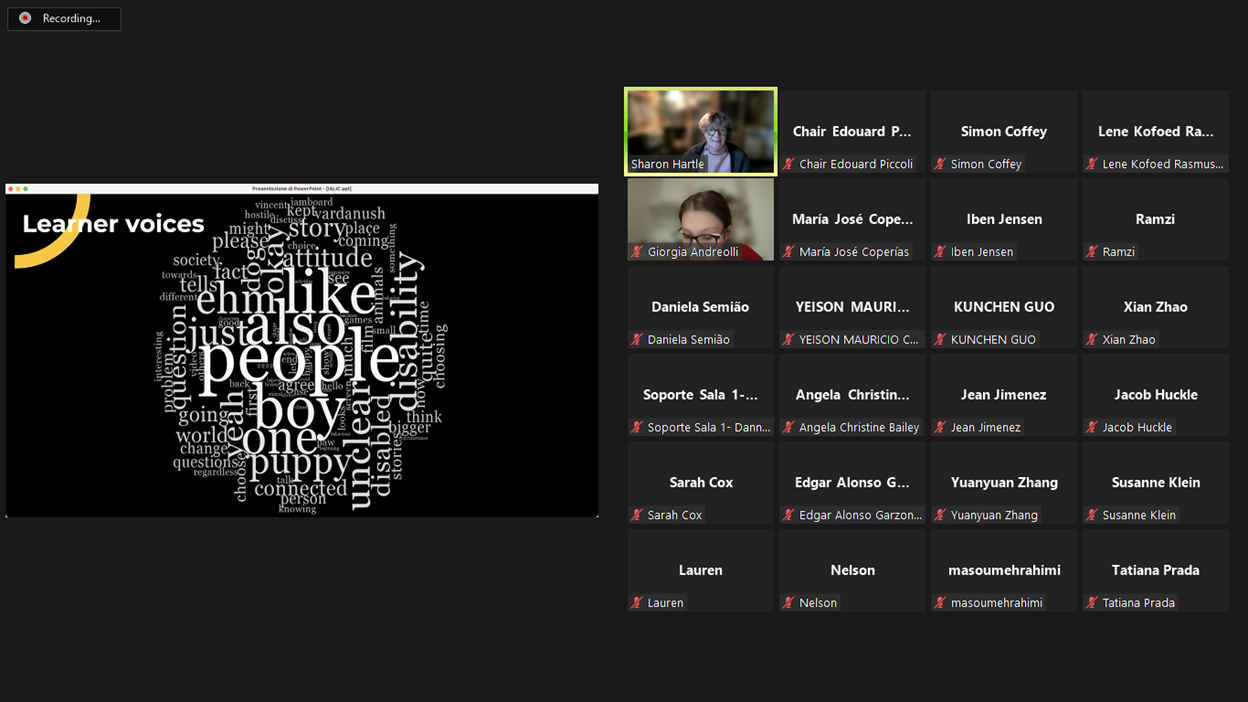
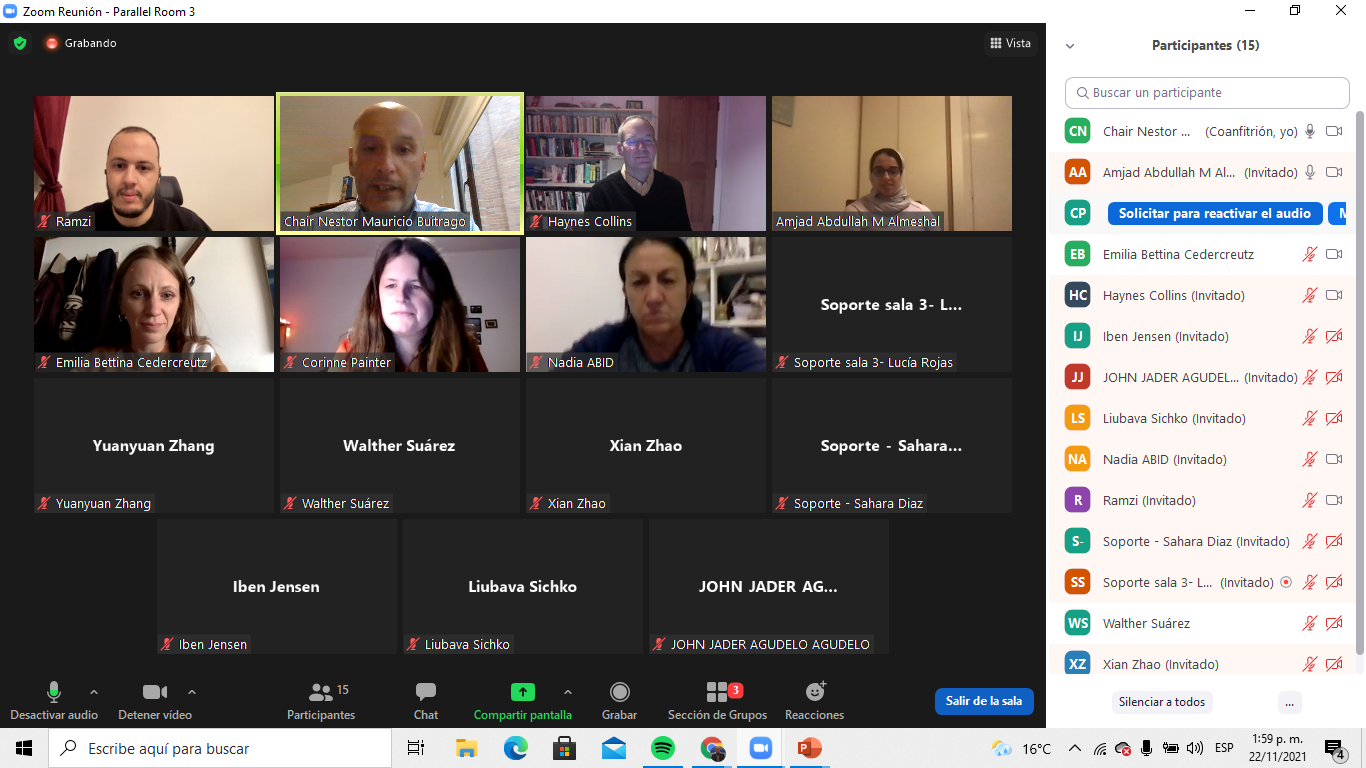
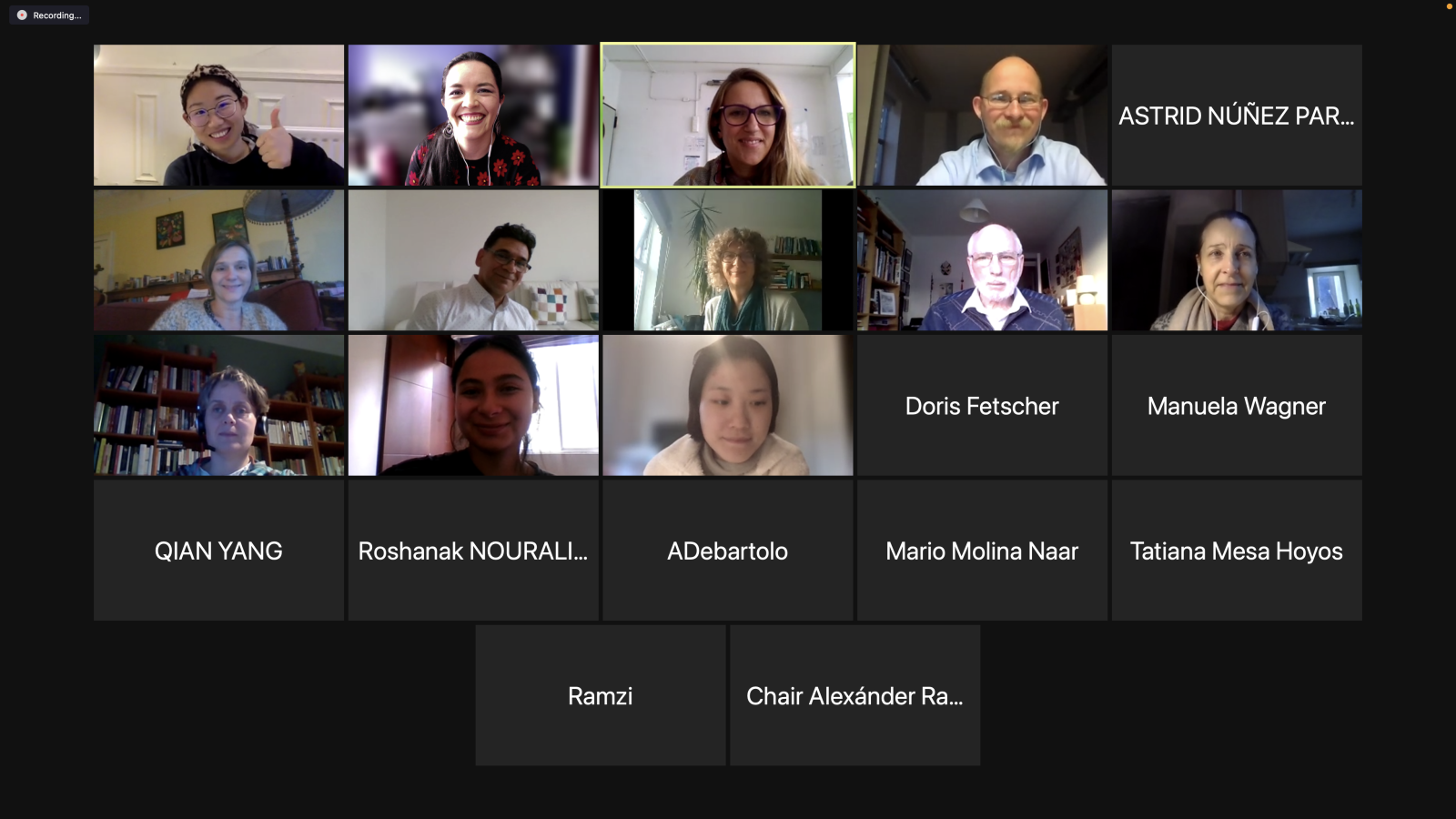
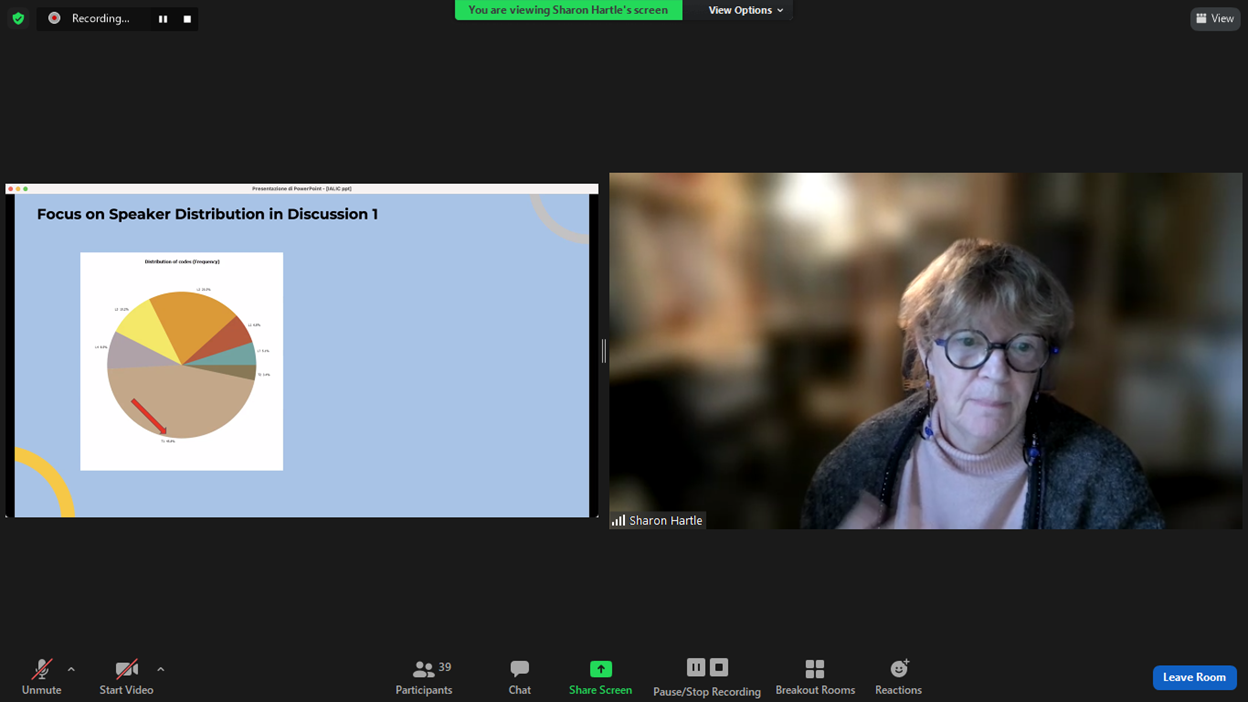
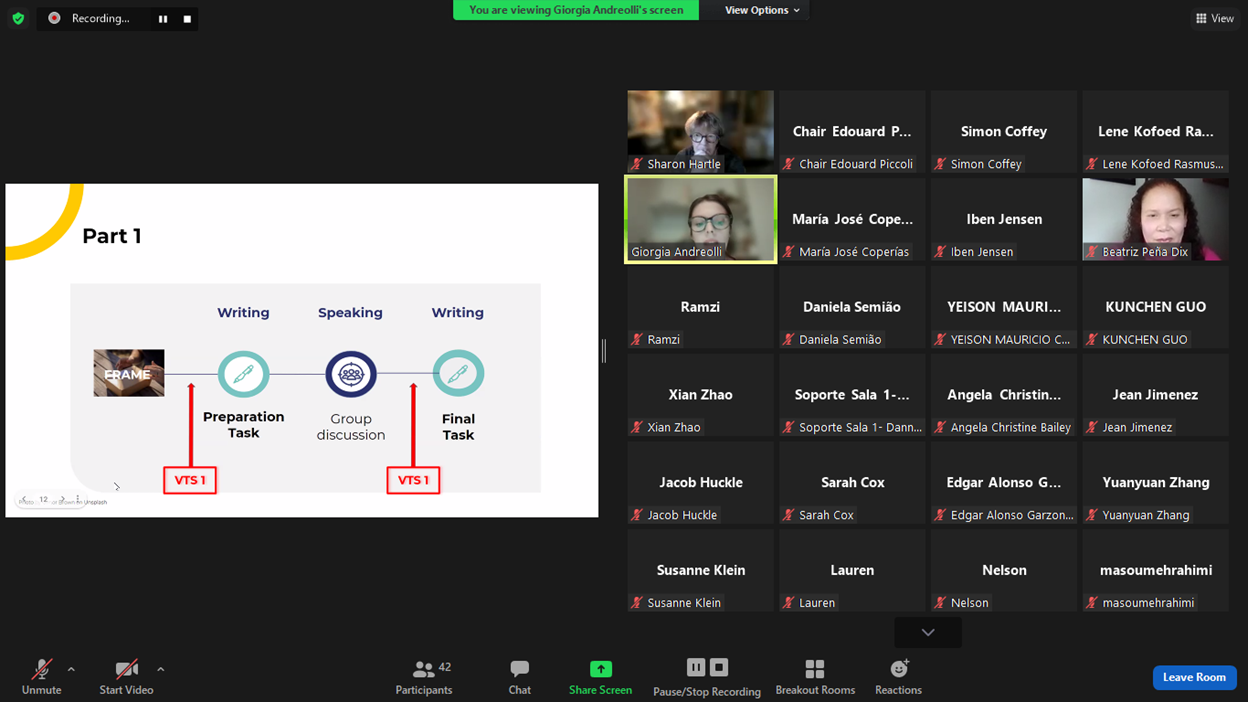
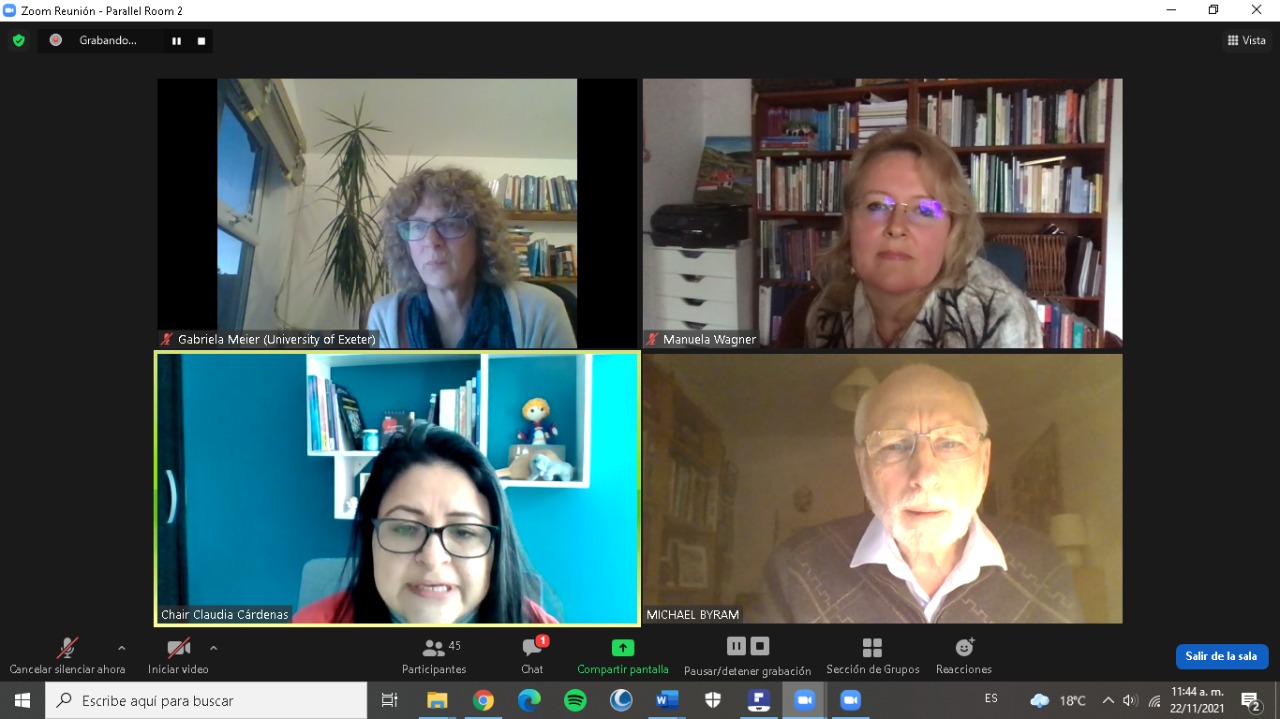
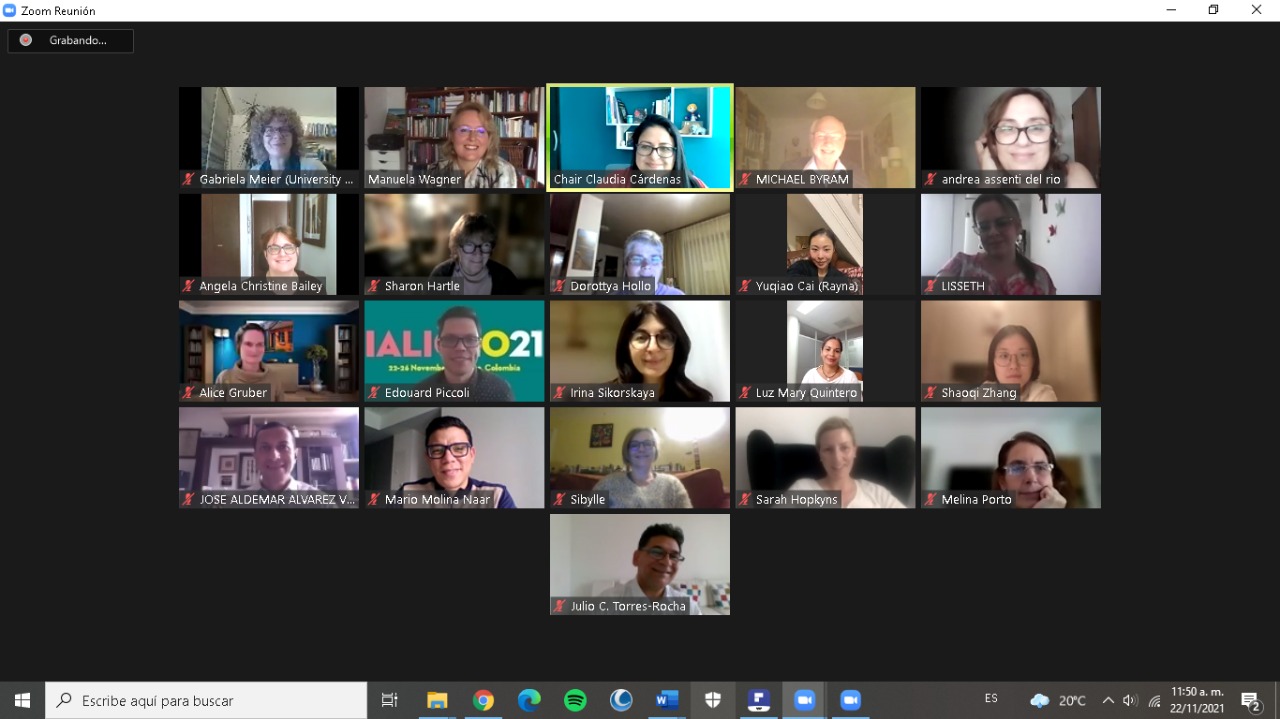
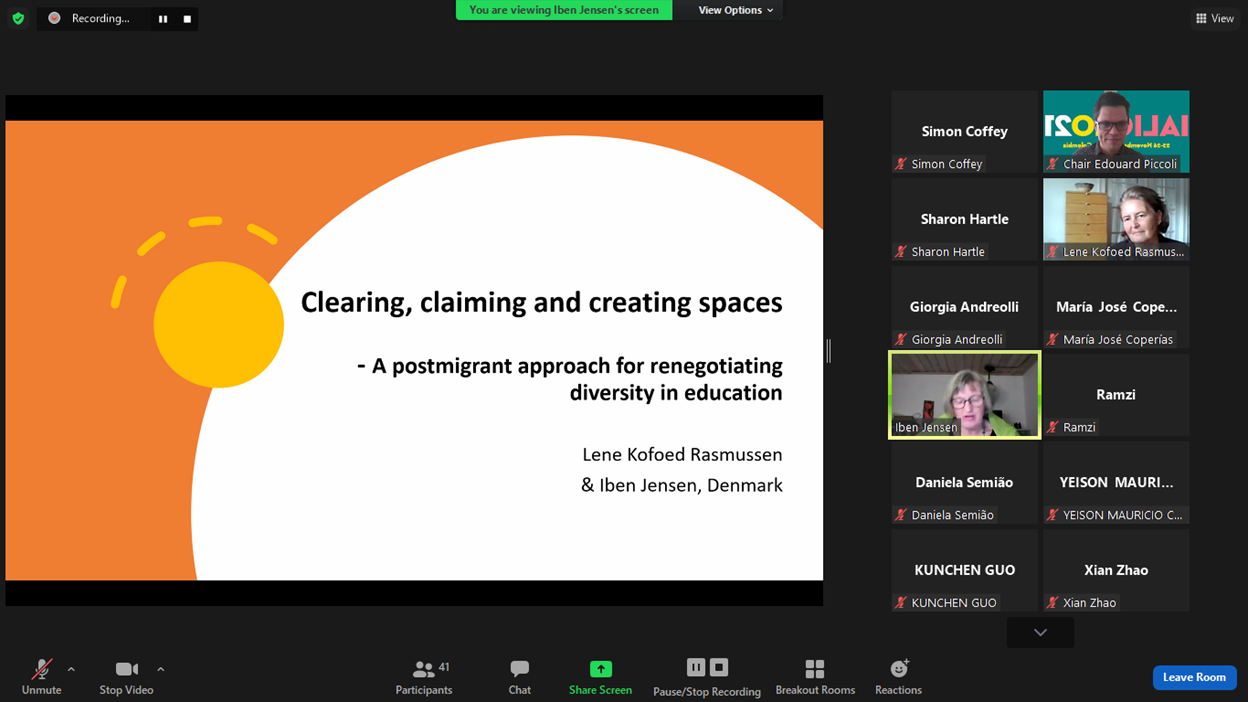
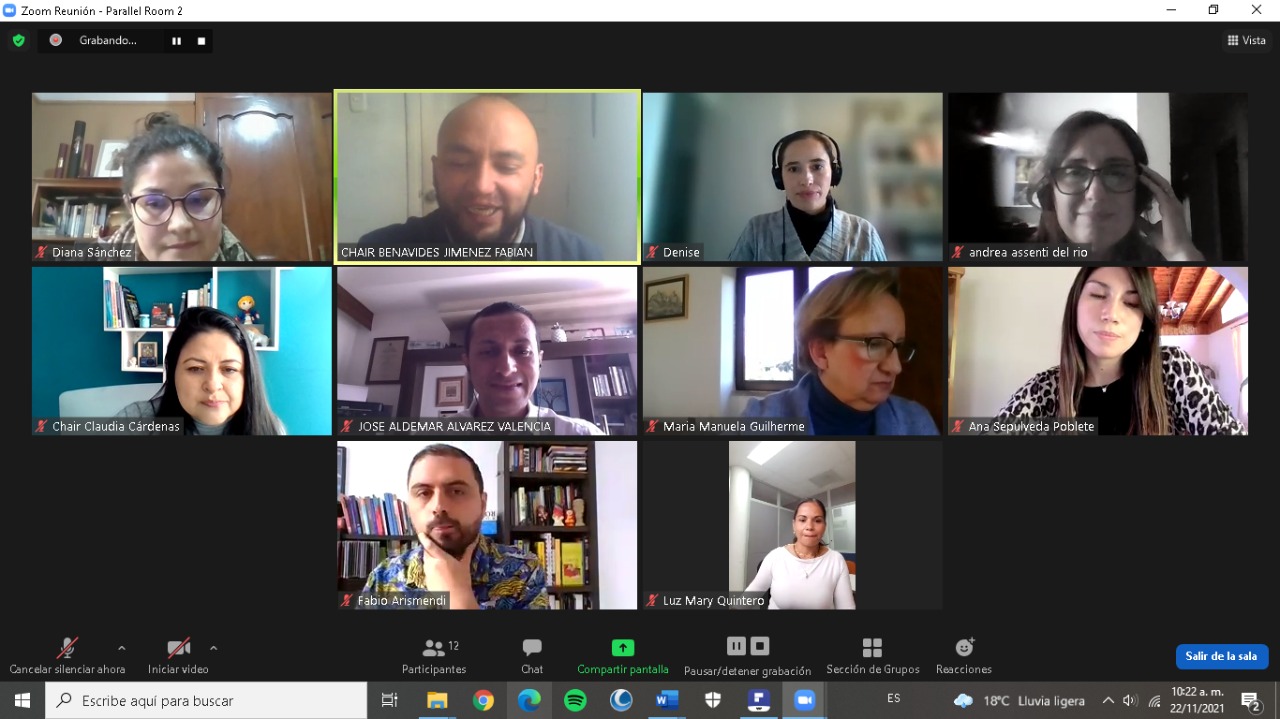
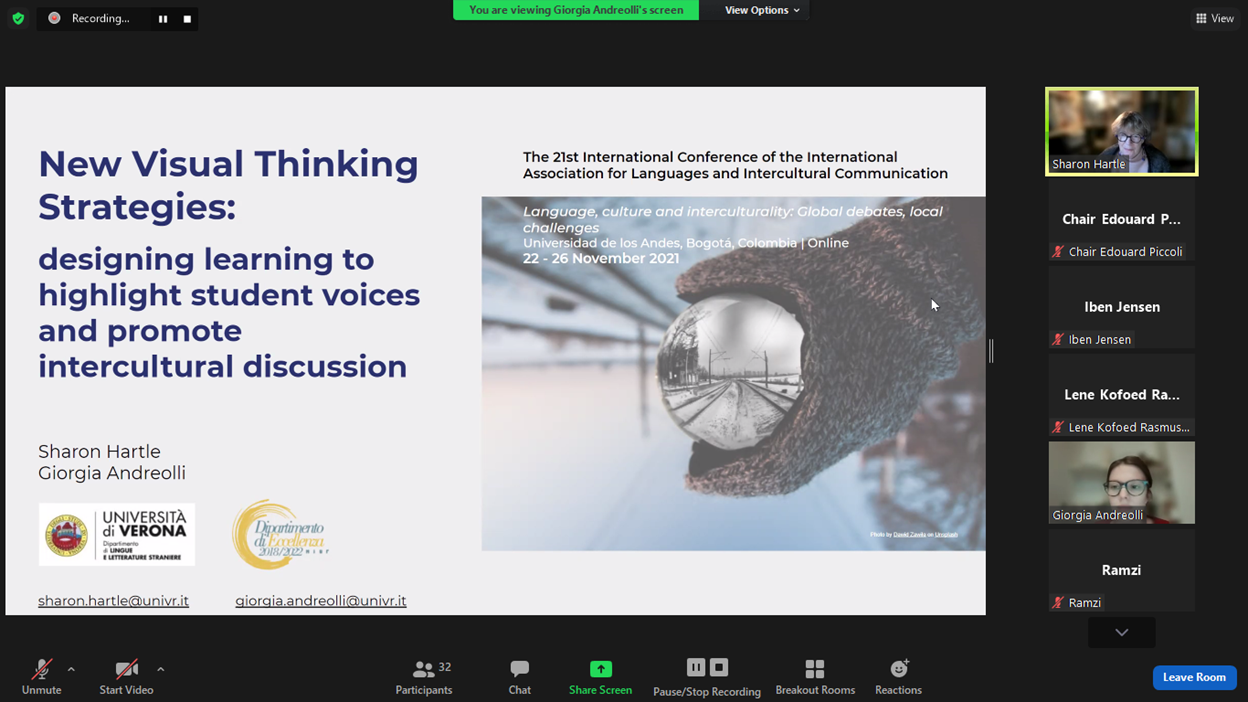
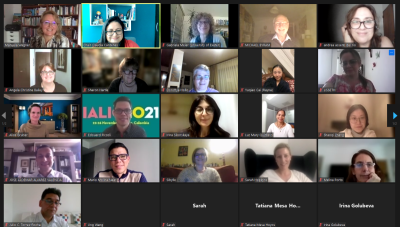
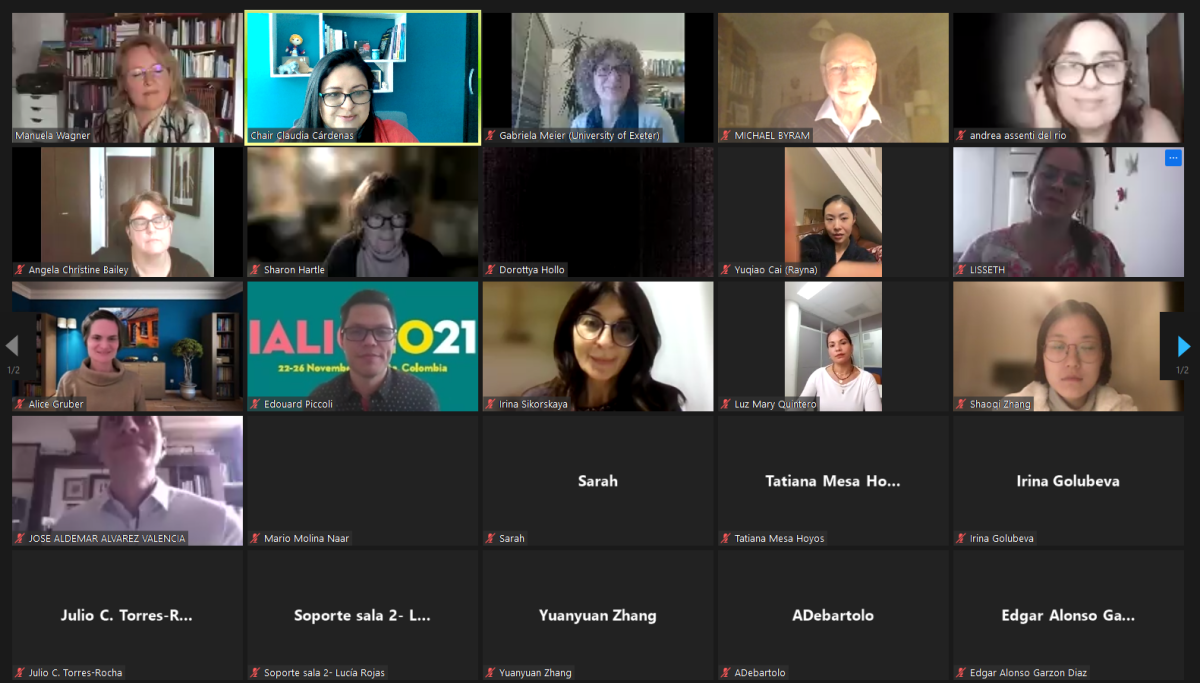
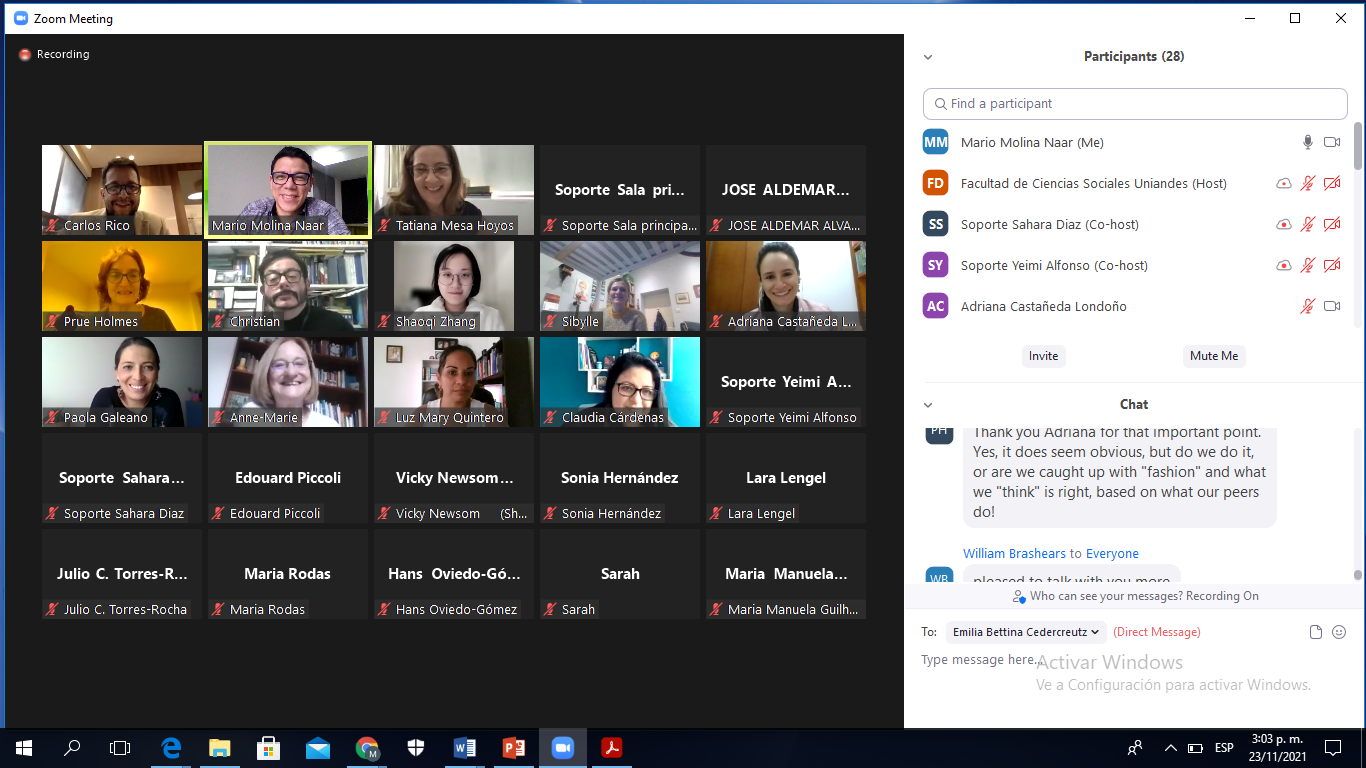
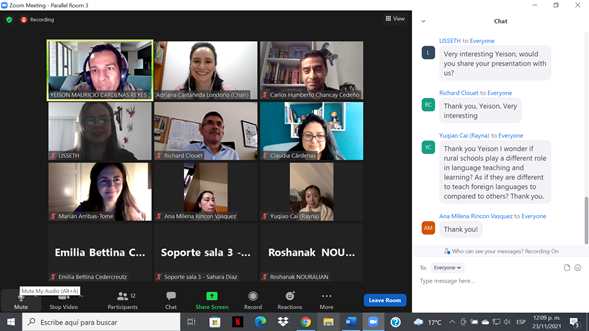
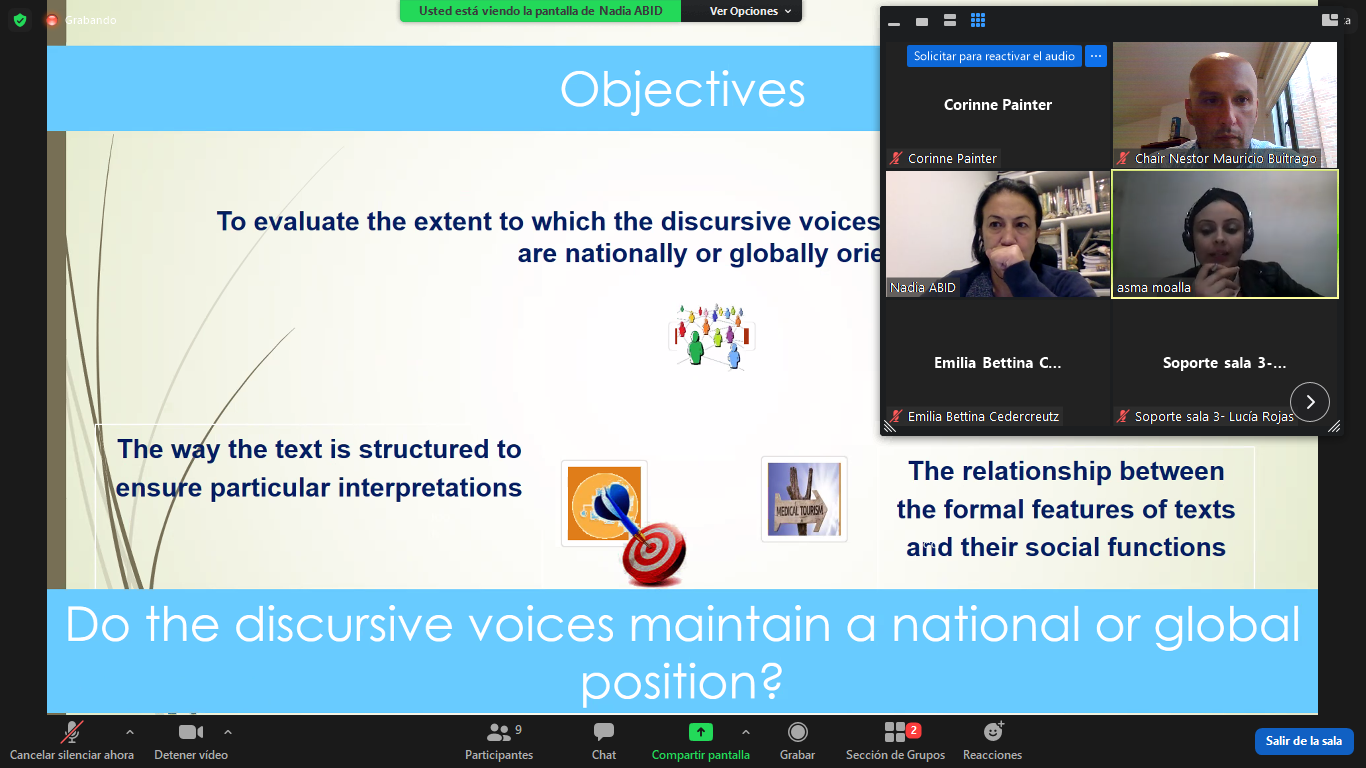
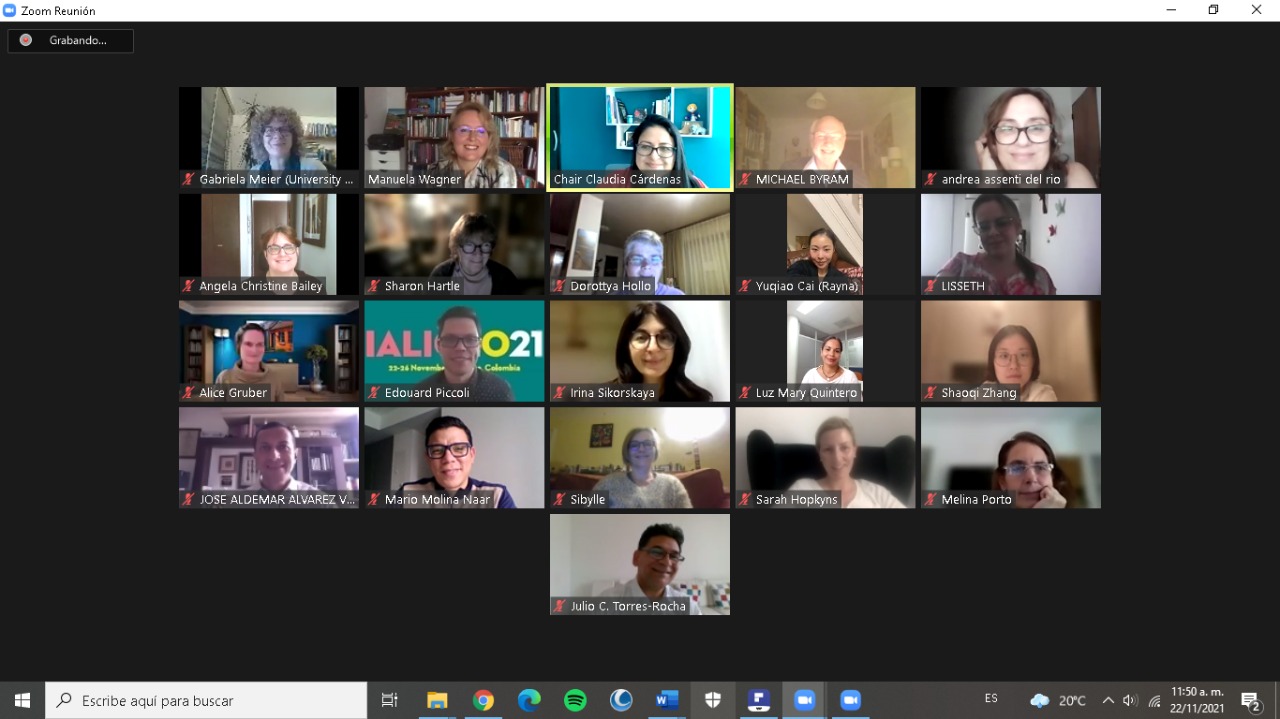


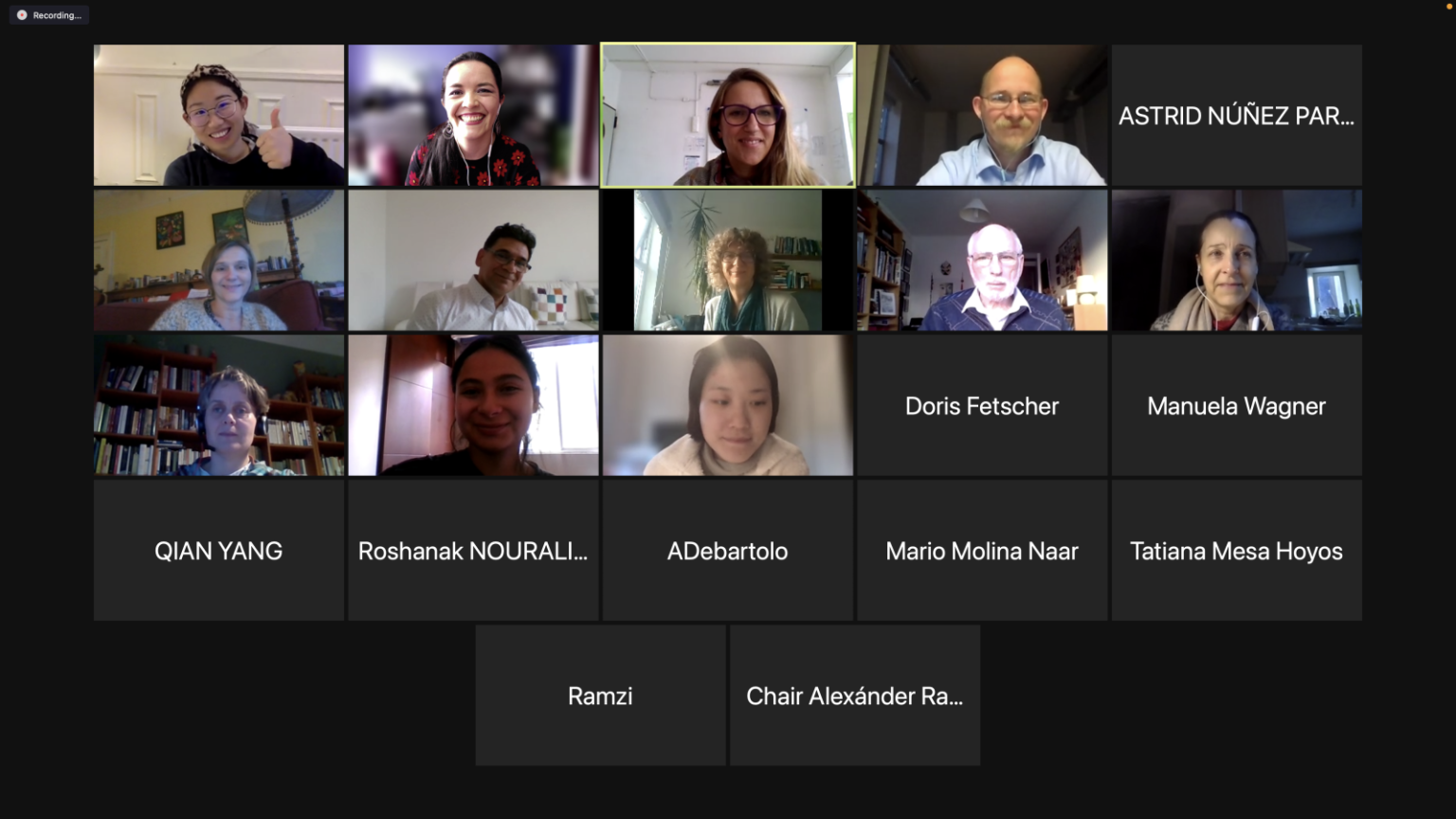







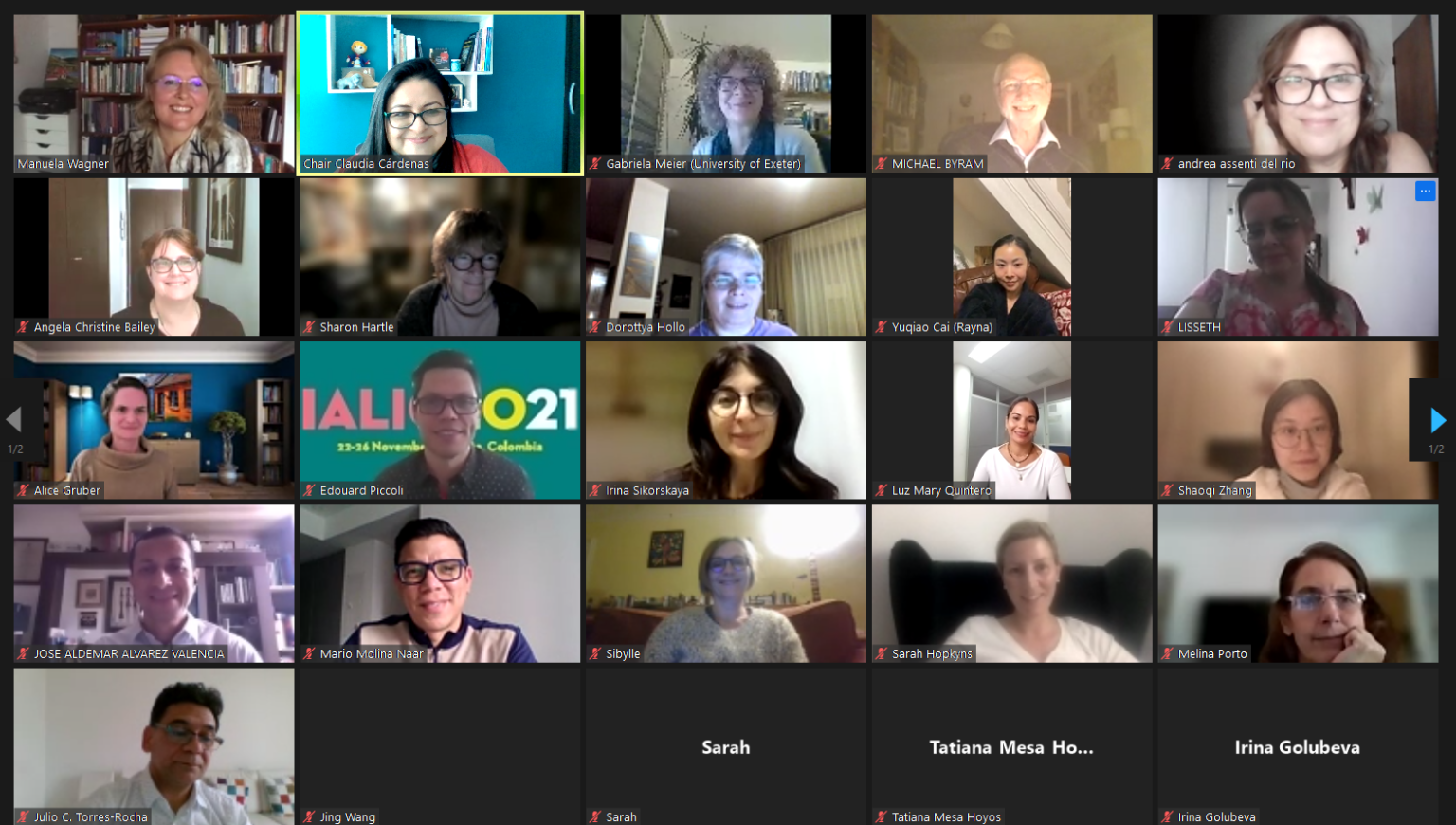
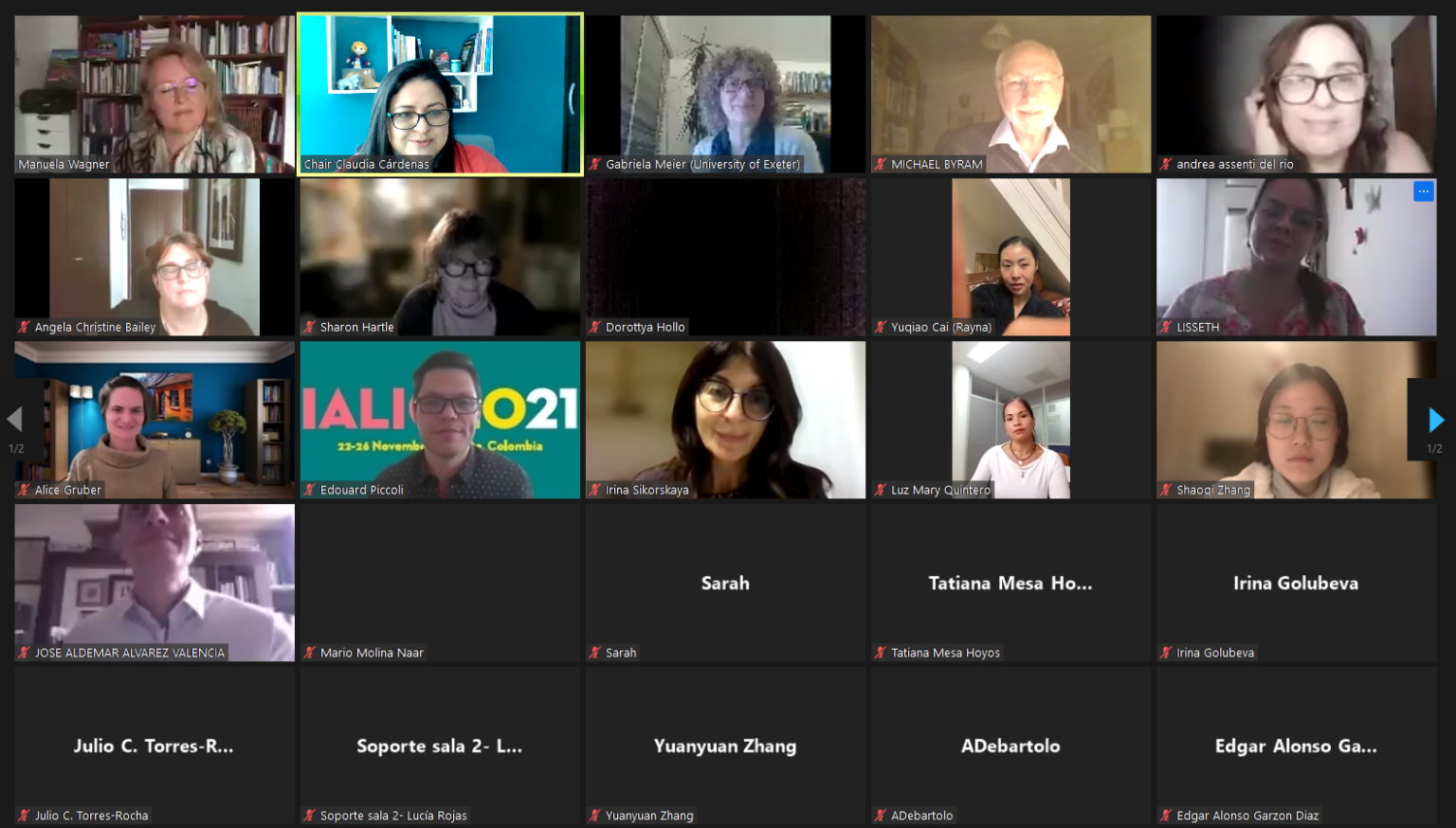




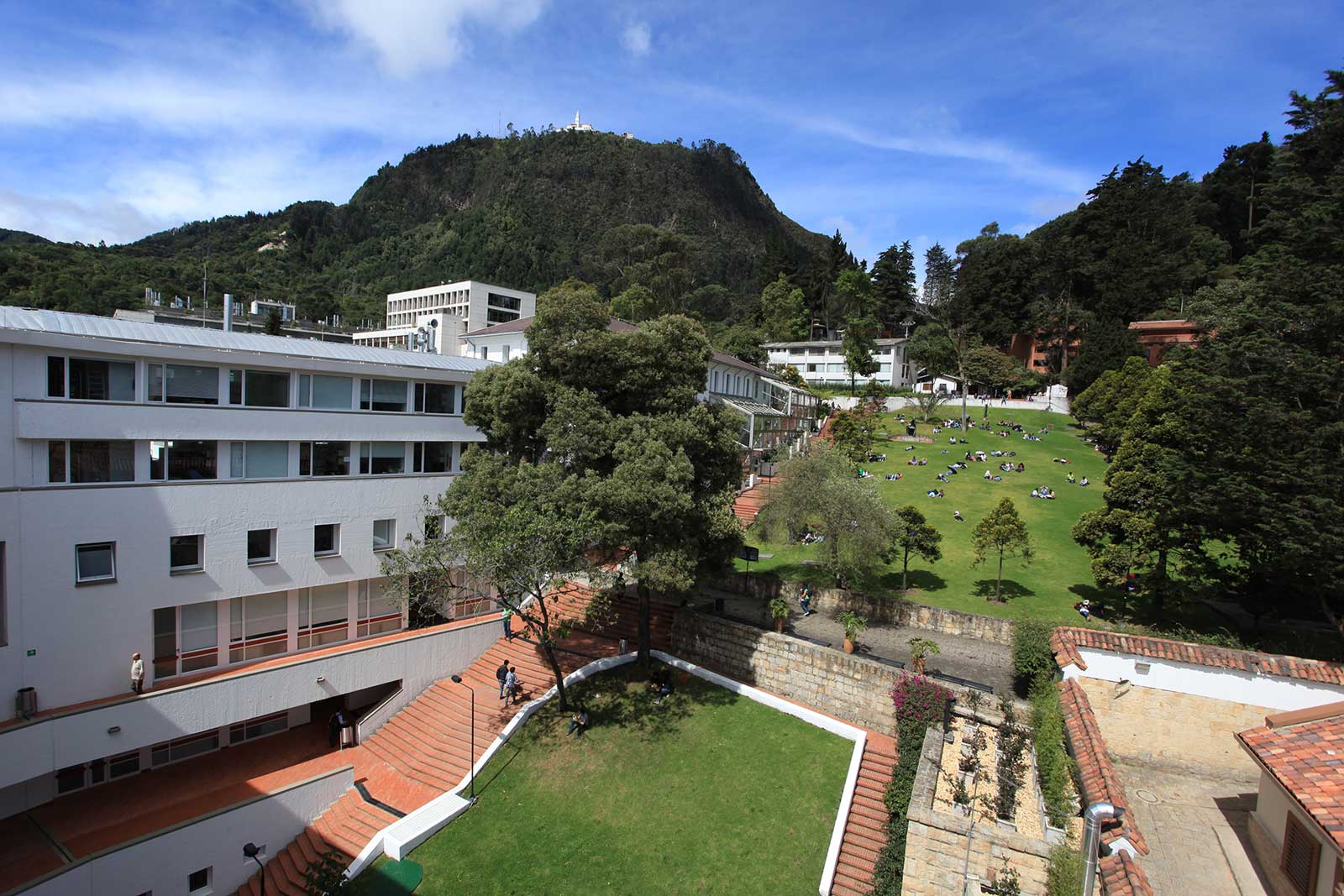
The Universidad de los Andes is among the best universities in the world. According to QS World University Rankings, it is ranked 35 in the world for employer reputation. This metric evaluates employers’ opinions on the best university professionals
Universidad de los Andes was founded in 1948, and it was the first private university in Colombia that was independent from political or religious movements or parties. It was conceived as a study center, a research center, and a place where truth could be upheld. Ever since the university was founded, its activities have focused on excellence, and this is affirmed in the Comprehensive Development Plan (CDP).
It is currently the only private university in the country that has been awarded a ten-year institutional accreditation for quality by the National Ministry of Education through Resolution 582 of January 9th 2015.
Universidad de los Andes was ranked eighth by the QS University Rankings 2015/2016 in Latin America, and it occupied the 283rd spot globally. Moreover, the Faculty of Management has the prestigious “Triple Crown”, which consists of three accreditations (EQUIS, AMBA, and AACSB); this is only held by 1% of business schools around the world. Additionally, eight undergraduate programs in the Faculty of Engineering have the International ABET accreditation.
Read more here: https://uniandes.edu.co/en/university/about-us
Also read LOS ANDES: AMONG THE BEST UNIVERSITIES IN THE WORLD https://uniandes.edu.co/en/news/community/los-andes-among-the-best-universities-in-the-world
Allow us to introduce you to the unique country of Colombia: a heaven of biodiversity, with more than 50,000 species of animals and plants. Beautiful nature, exotic animals and a variety of orchid flowers will convince you that Colombia is one of the most extraordinary places on Earth.
Continue reading: https://www.colombia.co/en/colombia-travel/
Also see: Colombia en imágenes: https://mitema-maravillasd.wixsite.com/travel-blog-es/galeria
This colloquium comprises the reflections by five second-year PhD students from the Interinstitutional Doctoral program in Education, Universidad del Valle, Cali, Colombia. The students discuss their perspectives around three main issue:
How their current research endeavors contribute to the fields of interculturality and decoloniality in Colombia
The models or postulates of interculturality/decoloniality that inform their research praxis
The future challenges they foresee in terms of interculturality and decoloniality in Colombia
Participants: